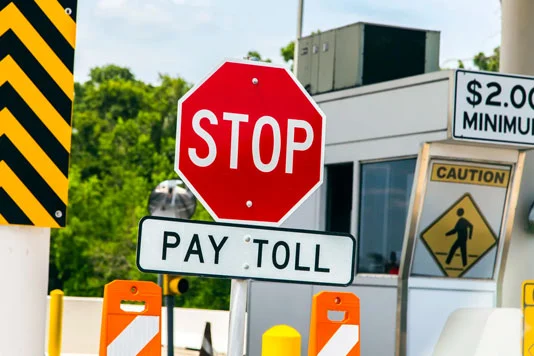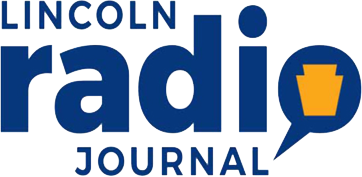A recent, Policy Brief reviewed the decline in scores on the state’s Keystone exams (given to 11th graders) in Pittsburgh Public Schools (PPS) and several area school districts. Even statewide, along with PPS, the average had substantial declines in test scores between 2015 and 2025 as measured by the percentages of test takers scoring proficient or advanced. Much of that drop is attributed to the education losses during COVID.
However, as was noted, PPS’ combined percent proficient or advanced scores on math and literature had already fallen by just over 9 percent between 2015 and 2019. Statewide scores on math and literature were not significantly different in the two test years (2015 and 2025). However, both suffered major drops (about 30 percent each) in math scores between 2019 and 2025.








